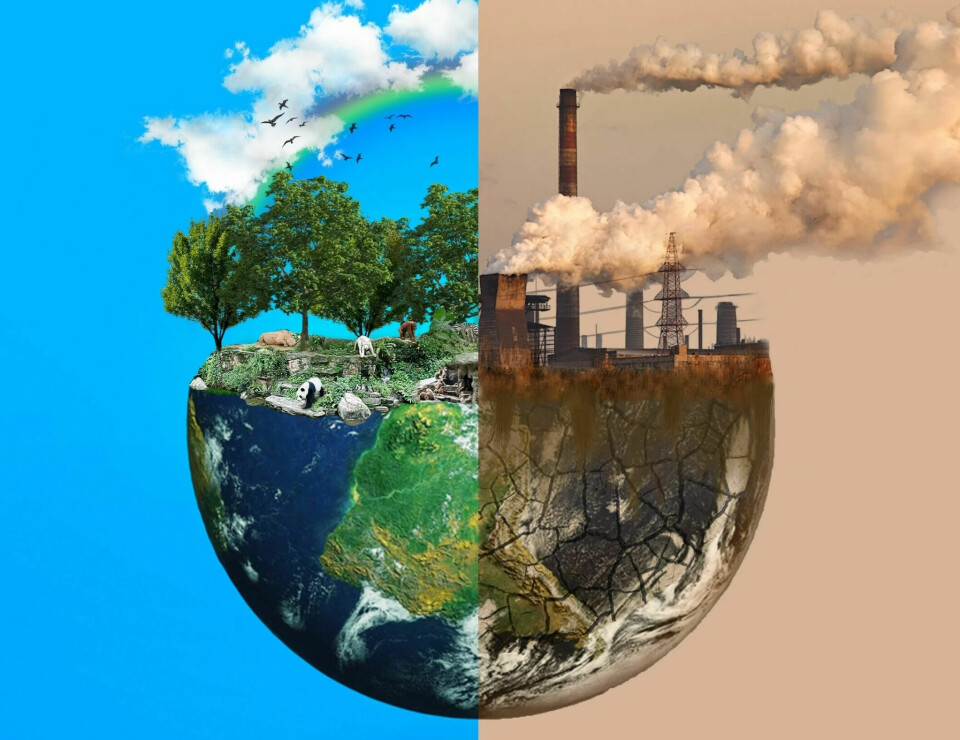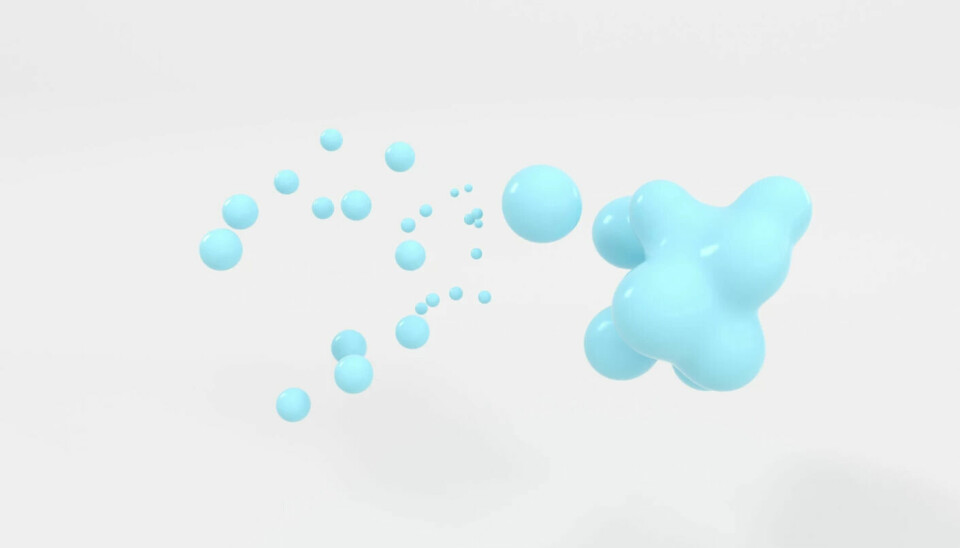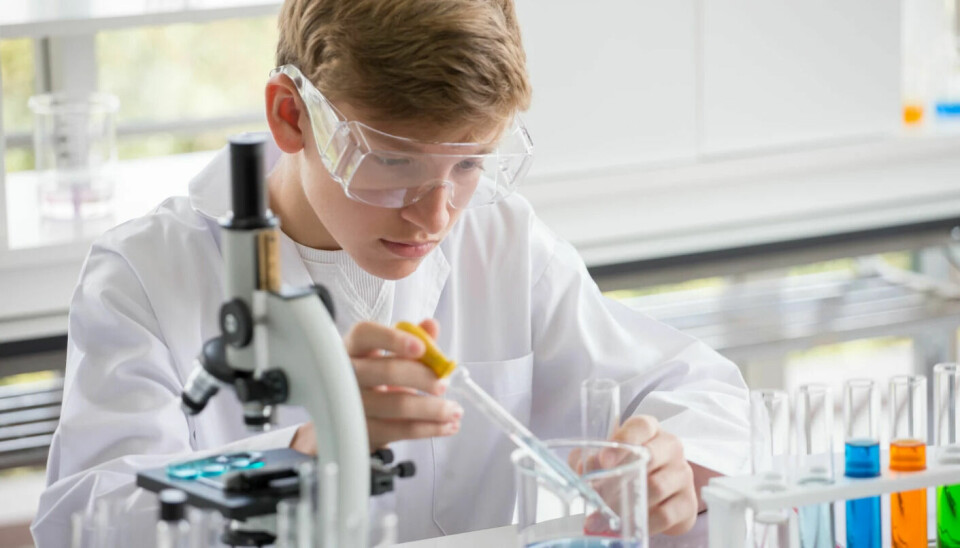
Does smell disappear? Or does our planet become more and more smelly every day?
ASK A RESEARCHER: What actually happens to the small odour molecules?
Think about the smells of barbecues on the porch or exhaust from a car.
They fill our nostrils with anticipation or disgust, but suddenly the smell is gone again.
What actually happens to the smell? We asked a researcher.
The nose as a tool
“How do we smell?”
“We use our nose as a tool to capture smells,” Vladimir Nikiforov says.
He is a researcher at NILU, the Norwegian Institute for Air Research.
“Tiny odour molecules from the air find their way into the nasal passage when we breathe. And in the nose, there are a number of receptors waiting,” he says.
They send signals to our brain to determine what it smells like.

We are curious
Humans differ from animals when it comes to smell.
“Animals primarily understand what is a harmless or dangerous smell. If something smells toxic, they move away from it,” Nikiforov says.
But humans are more curious.
“We may go towards the smell of smoke, for example,” he says.
We need to find out what is burning, and in some cases, we might need to save someone from the flames.
Odour that cannot be smelled
Odour molecules can move with the wind, and they can be broken down.
Then they become small parts that the nose is no longer able to perceive.
“It is also the case that some odour just remains in the air. Then the nose gets used to the smell,” Nikiforov says.
Have you ever been near a field with manure from fresh cow dung?
“At first it smells absolutely terrible, but eventually the smell disappears,” he says.
Nikiforov calls it the ‘background odour’.
Think about how you do not notice a particular smell in your own home.
If you go to visit your grandmother or a friend, you may be able to recognise the smell from the last time you were there.

From the time of the dinosaurs?
“We get used to smells. We can also look at our planet that way,” Nikiforov says.
There are lots of old and new smells floating around in the air at all times, but we have gotten used to them.
Sweaty people, pollution, and cooking emit odours.
“It may be that there are odour molecules from the time of the dinosaurs, which have been flying around for 65 million years,” Nikiforov says.
It is possible, but quite unlikely.
“And if that is the case, we wouldn't be able to perceive them,” he says.

Could be dangerous
The fact that humans are so good at getting used to smells can actually be quite dangerous.
“Hydrogen sulphide is a gas that smells like rotten eggs,” Nikiforov says.
That probably makes people want to stay away.
If not, you can get used to the smell in just a few minutes.
“Then it becomes a dangerous trap. The gas can start seeping into your lungs,” he says.
We use all our senses
Although smells can deceive us, it is a good thing that we get used to them.
“If not, we could smell everything all the time. It would be very tiring,” Nikiforov says.
Imagine if you could smell everyone around you all the time.
Or if the sour milk in the fridge bothered you while you were sitting in the living room.
“It's probably a good thing that we don't have to deal with that,” says Nikiforov.
Fortunately, we also have our other senses, sight, hearing, taste and touch, to gather information about what is happening around us.
———
Translated by Alette Bjordal Gjellesvik.
Read the Norwegian version of this article on ung.forskning.no



































